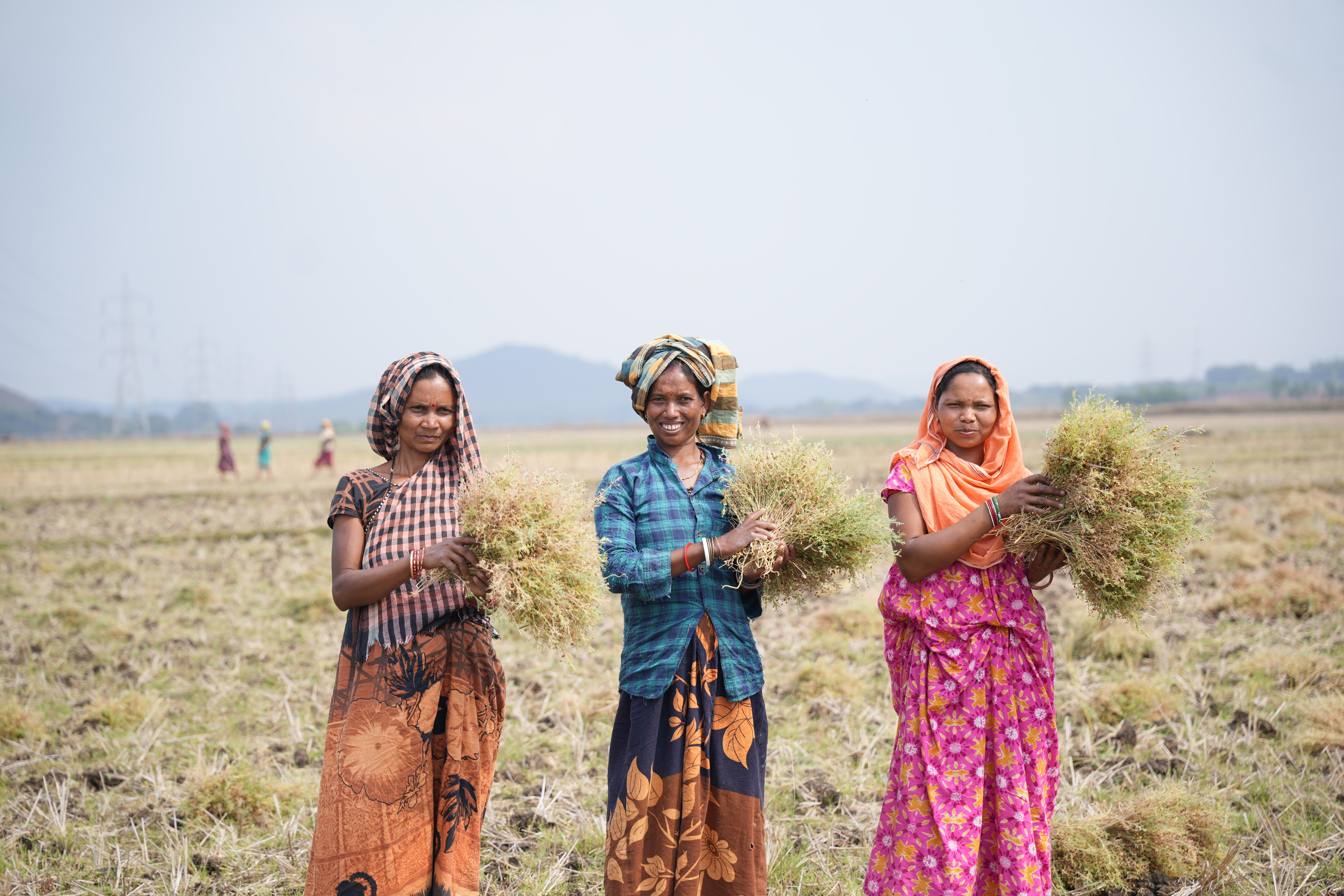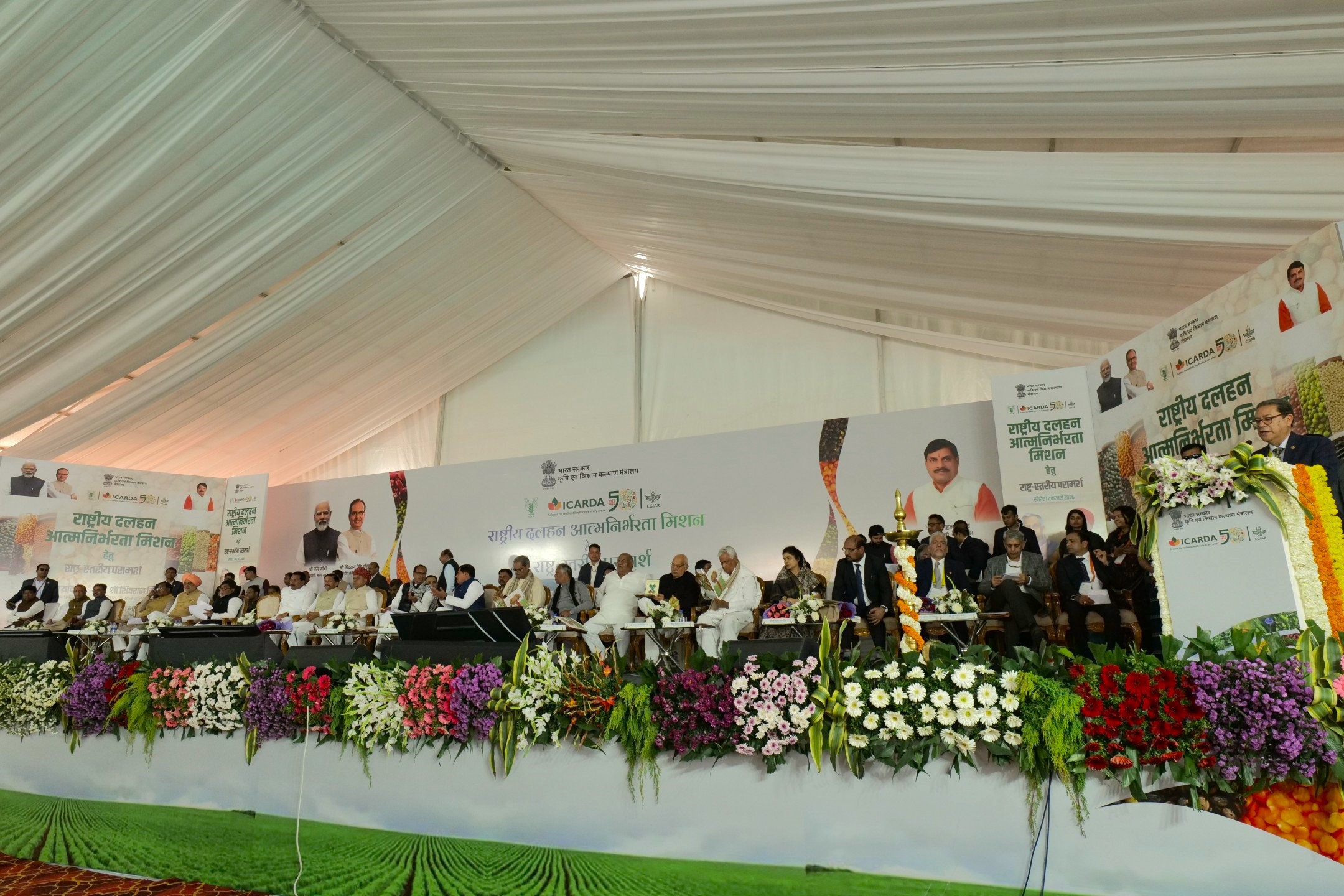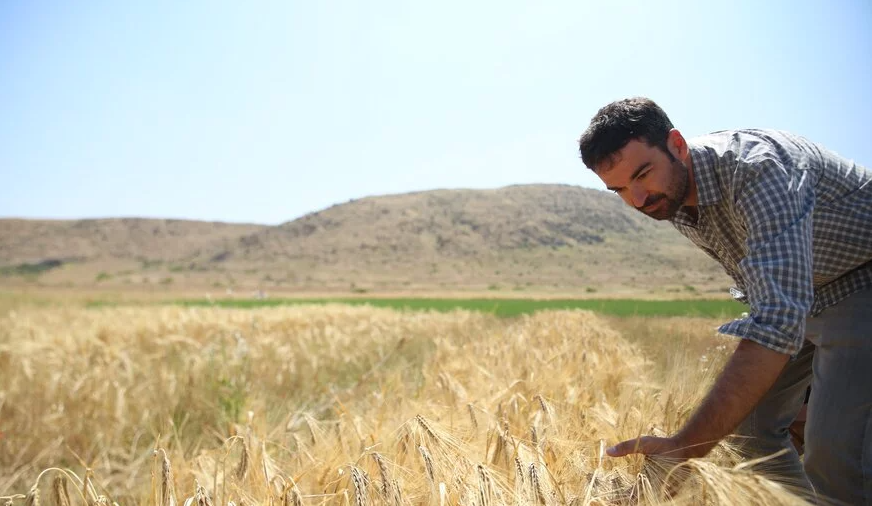ICARDA-ARC Egypt 2025 Planning Meeting
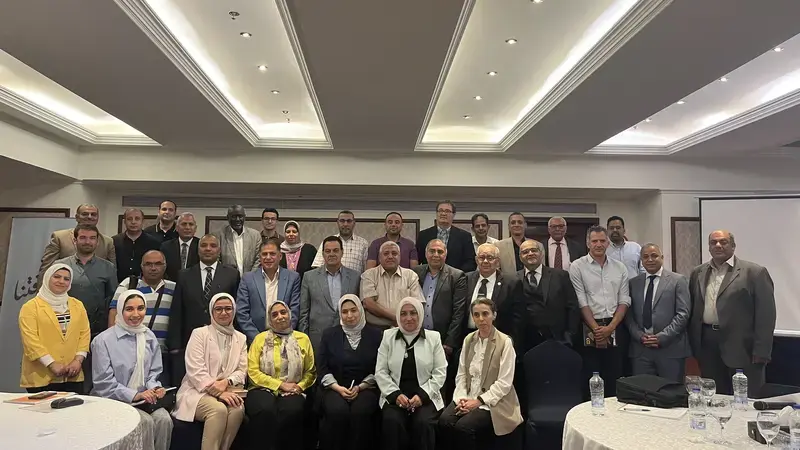
With a large and highly urbanized population, high dependence on food imports, and water scarcity, Egypt is one of the most climate-vulnerable countries. For over four decades, ICARDA has worked closely with Egypt’s Agriculture Research Center (ARC) and the government of Egypt to enhance agricultural productivity and build resilience for farmers and communities on the frontline of climate change.
On 17 July, a delegation of ICARDA scientists led by Dr. Aladdin Hamweih, Egypt’s Country Coordinator, convened with ARC officials in Cairo to chart a five-year roadmap of pioneering research and innovation tailored to Egypt’s agricultural challenges and aligned with the country’s national priorities.
Building on our longstanding partnerships, Dr. Maher Maghraby, Vice President of ARC, opened the meeting by praising our significant joint achievements over the past three years and highlighting key areas for improvement in the upcoming strategy.
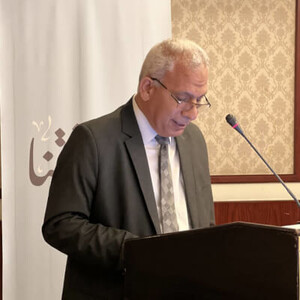
"Collaboration between ICARDA and ARC has proven to be an effective model of research and partnership, translated into tangible achievements contributing to more resilient and sustainable agriculture practices in Egypt.”- Dr. Maher Maghraby, Vice President of ARC.
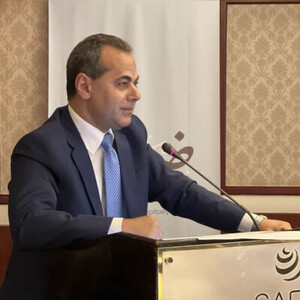
Joining him on stage was Mr. Saad Moussa, Foreign Agriculture Relations, Ministry of Agriculture and Land Reclamation, who reaffirmed the strategic importance of agriculture for Egypt’s future and stressed the critical need for innovation and collaboration.
“Egypt is facing immense challenges such as climate change, water scarcity, and limited arable land. But with strategic investments in science, innovation, and smart agriculture, we are transforming deserts into productive farmland and building a more food-secure future.” ~ Mr. Saad Moussa
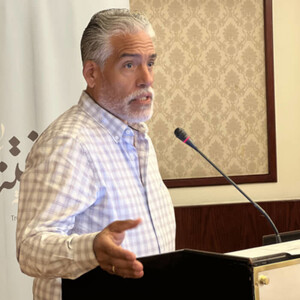
The majority of Egypt’s population is located in the Nile Valley, and there is an urgent need to diversify the agricultural base and explore farming in new regions to bridge the production gaps in the country.
Dr. Augusto Becerra, ICARDA’s Deputy Director General for Research, underscored:
“In the face of climate change and resource scarcity, we must think boldly and creatively, tapping into neglected natural resources, embracing new technologies, and strengthening partnerships like the one with Egypt to transform drylands into productive landscapes and secure food systems for the future.”
Dr. Michael Baum, ICARDA Research Team Leader of Breeding and Scaling Improved Varieties, delivered a detailed presentation of the significant accomplishments of the past three years of collaboration with ARC, including:
- Climate-resilient crops: Released new faba bean, chickpea, wheat, and barley varieties that are heat-tolerant, drought-resistant, and disease-resistant, tailored to Egypt’s diverse ecosystems.
- Smart irrigation & water innovations: Piloted solar-powered air water harvesting and magnetic water treatment systems, and introduced thermal imaging for precision irrigation and energy-efficient desalination techniques.
- Sustainable agronomic practices: Tested integrated crop and water management practices in both old and new lands, showing measurable gains in productivity and water-use efficiency.
- Cooperation for food sovereignty: Introduced wheat-barley flour mixes for traditional baladi bread, boosting its nutritional value and loaf yield, and creating an opportunity to reduce Egypt’s dependence on wheat imports.
Following the opening session, participants were divided into five working groups for more in-depth discussions on each element of the ICARDA-ARC five-year strategy. The groups covered the main pillars of the strategy, including animal production, crop modelling, soil and water, and digital agriculture technologies.
Drawing on ICARDA’s global expertise and ARC’s local knowledge and deep understanding of the country’s needs and priorities, the teams combined their pioneering science and innovation to craft an effective plan tailored to the needs of farmers in Egypt.
The meeting concluded with presentations from each group, outlining proposed plans for their respective research areas.
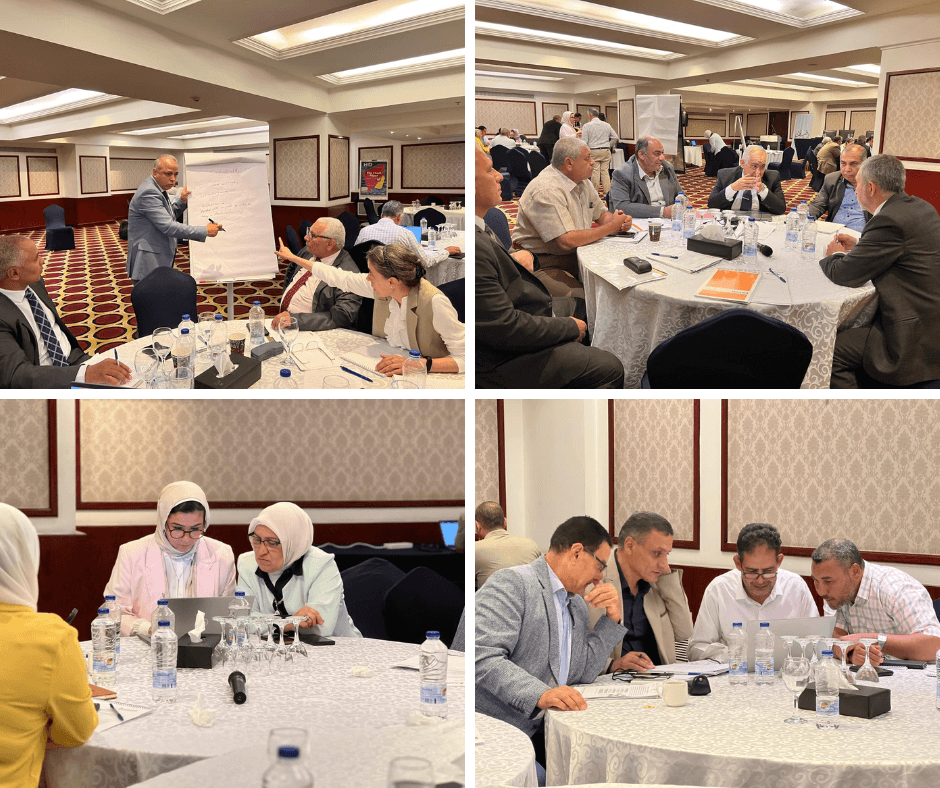
The agreed-upon roadmap will be translated into an on-ground programme proposal to be implemented over the next five years to 2030. Together with ARC, ICARDA will continue to deliver groundbreaking research and innovations that enhance productivity, conserve natural resources, and build resilient livelihoods for Egyptian communities and beyond by leveraging cutting-edge technologies and scientific expertise.

